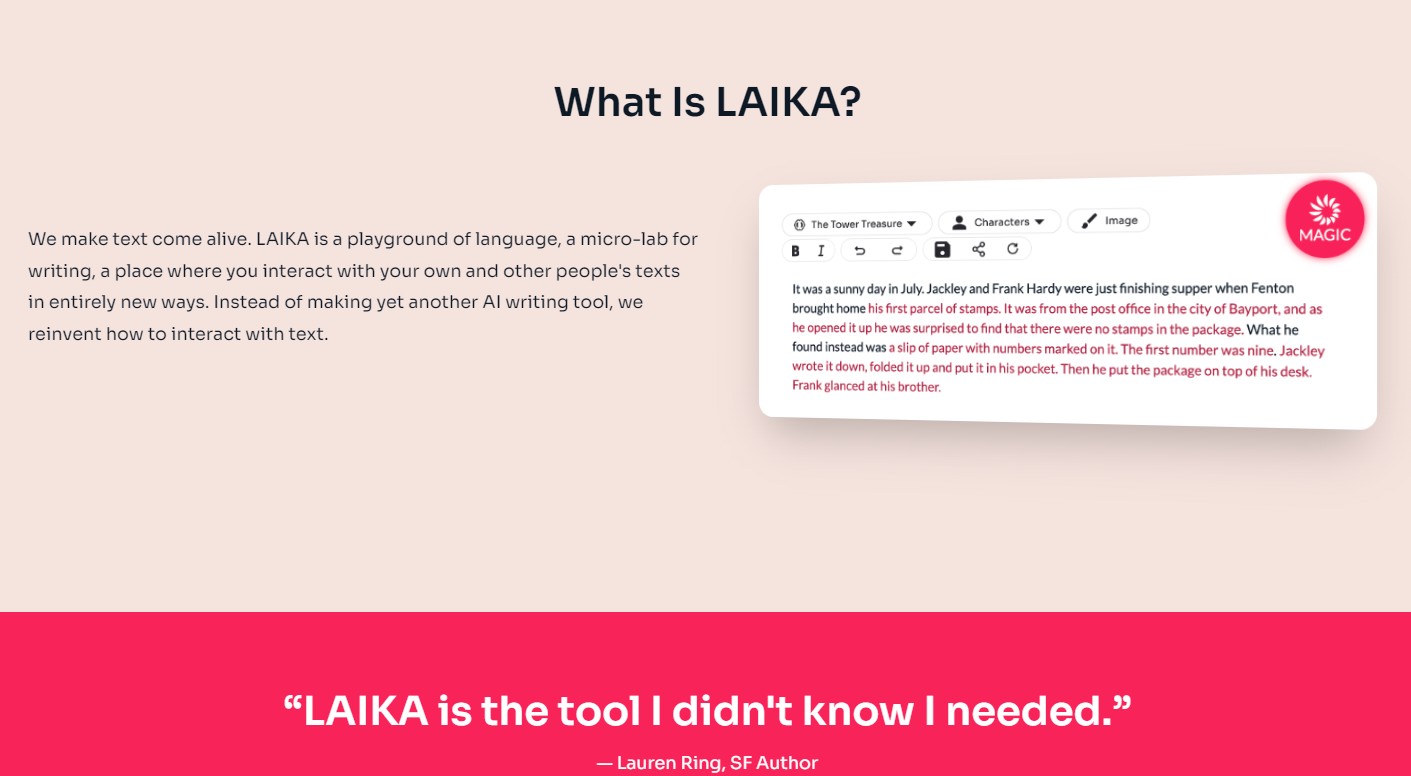SEO with text AI: what actually works
Risks of overreliance on AI content
Search engine optimization combined with text AI is rapidly reshaping how digital content is created, managed, and ranked. AI writing tools promise speed, scale, and consistency yet raise complex questions about authenticity, quality, and compliance. Understanding which strategies drive real SEO success while navigating inherent risks is essential for marketers striving to harness AI’s power effectively.
Leading platforms use advanced language models to generate humanlike copy that can be fine-tuned for SEO keywords and user intent. This automation boosts productivity by reducing writer bottlenecks and accelerating time-to-publish. Some AI solutions incorporate integrated SEO research, ensuring keyword optimization and competitive alignment directly during drafting. Prompt engineering—a skill in framing inputs to guide AI outputs—has emerged as critical to coaxing relevant, unique content from these tools. Rather than replacing human writers, AI acts as an assistive partner, enabling content teams to produce more while preserving strategic oversight.
However, overreliance on AI-generated text without human refinement invites risks. Automated content may default to generic phrasing, lack nuanced insights, or produce inaccuracies requiring costly edits. Failure to maintain brand voice or content relevance can alienate audiences and trigger search engine penalties. Google’s evolving algorithms increasingly emphasize original, valuable, and user-focused content, scrutinizing mass-produced AI text for quality signals. Therefore, combining AI output with rigorous editing, fact-checking, and creative input remains essential. Transparency about AI use and adherence to ethical guidelines build trust with readers and platforms alike.
Effective SEO strategies with uuman-AI balance
What actually works in SEO with text AI? Effective strategies involve using AI tools to handle repetitive tasks like initial drafts, keyword insertion, and meta description generation, freeing human writers to add creativity and authenticity. Integrating AI across content ideation, writing, optimization, and updating supports agile marketing workflows tuned to evolving search trends. Additionally, deploying multiple AI platforms or combining generative AI with specialized SEO tools enables refined tailoring for niche audiences or complex topics.
As AI writing tools mature, best practices will evolve alongside search algorithms. Right now, successful SEO embraces prompt clarity, hybrid human-AI collaboration, and continuous quality control. Marketers who master these approaches can unlock rapid, scalable content production that resonates authentically and ranks competitively. While the hype around text AI continues, measured use focused on value creation distinguishes true innovation from fleeting automation trends. The future of SEO lies in intelligent symbiosis—leveraging AI’s speed and data processing while upholding the nuance and connection only human insight provides.
AI Catalog's chief editor







.jpg)


.jpg)
